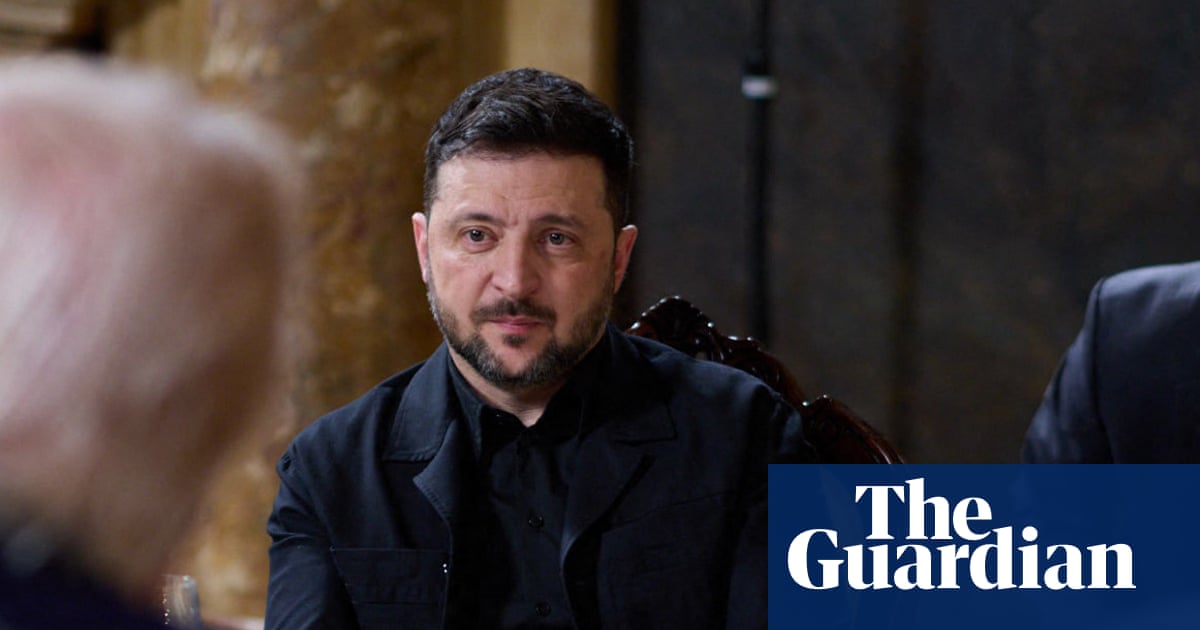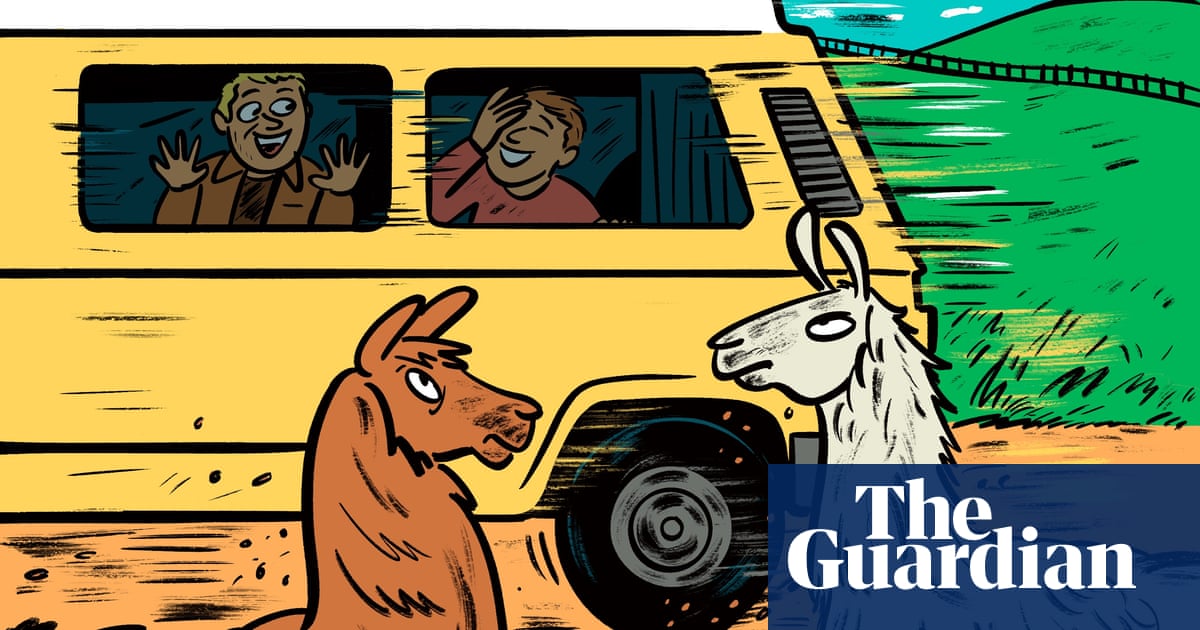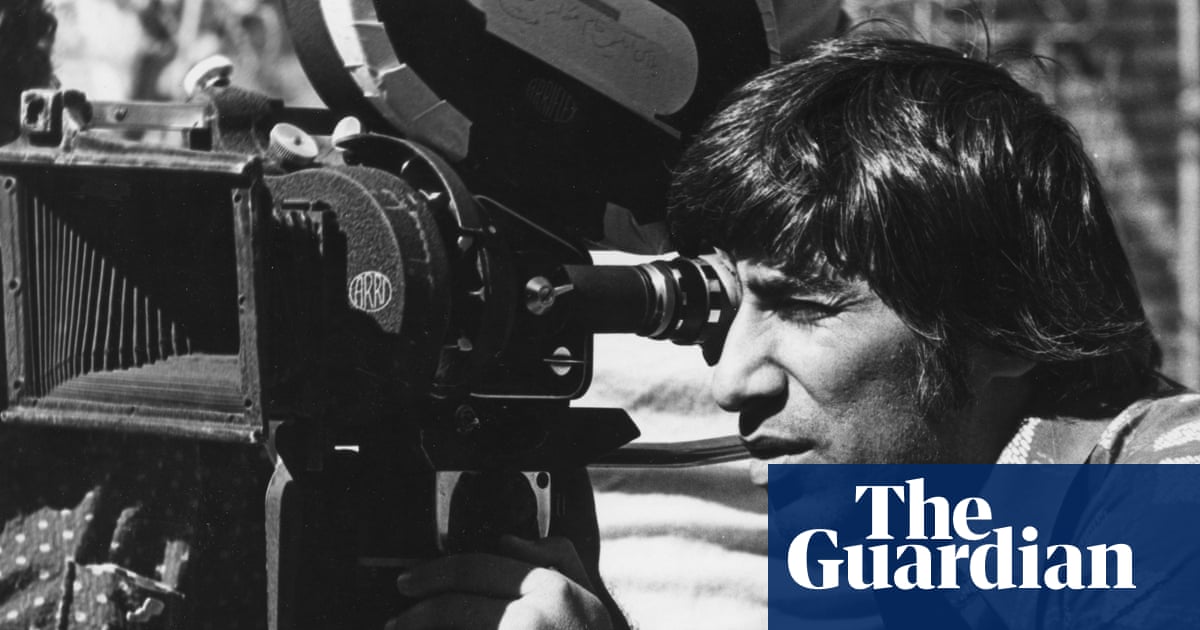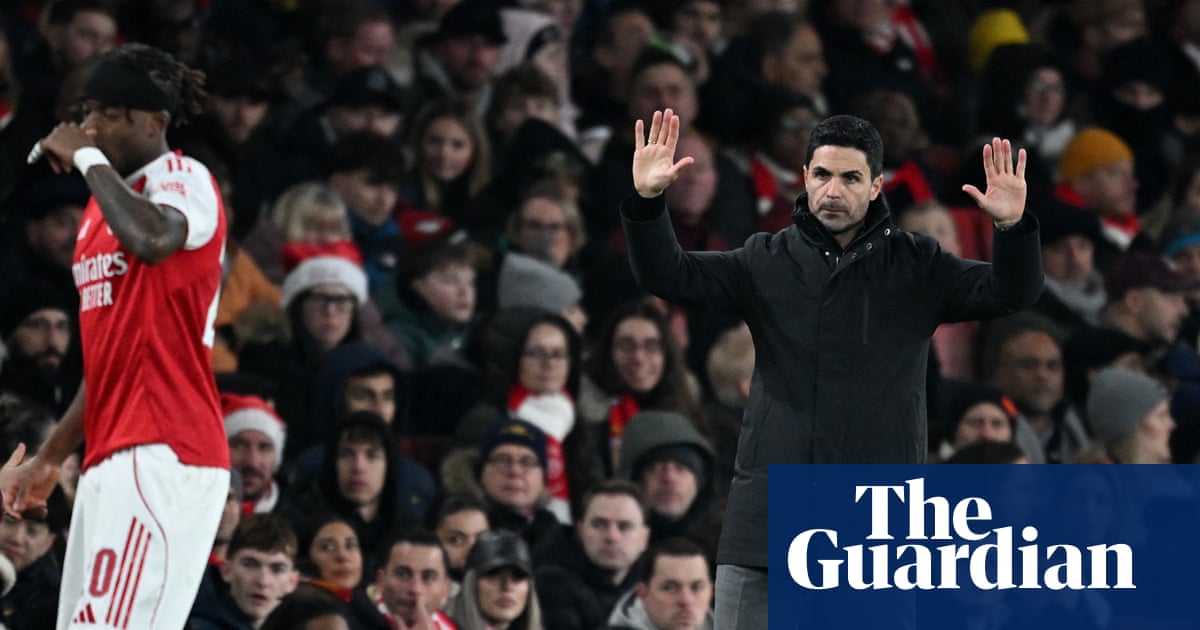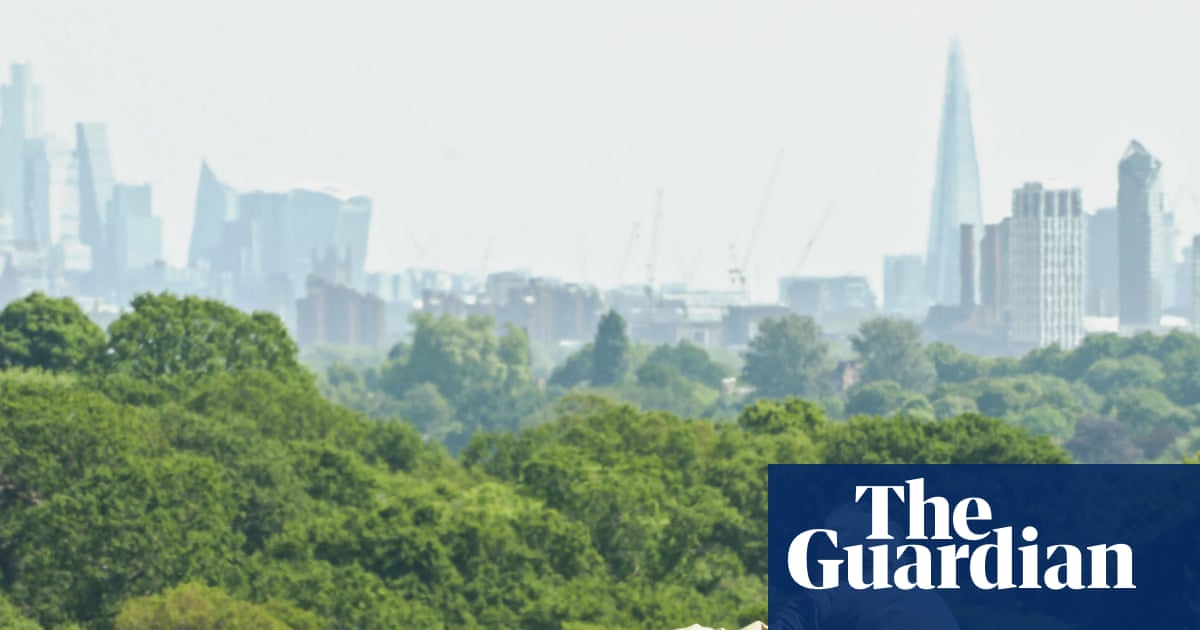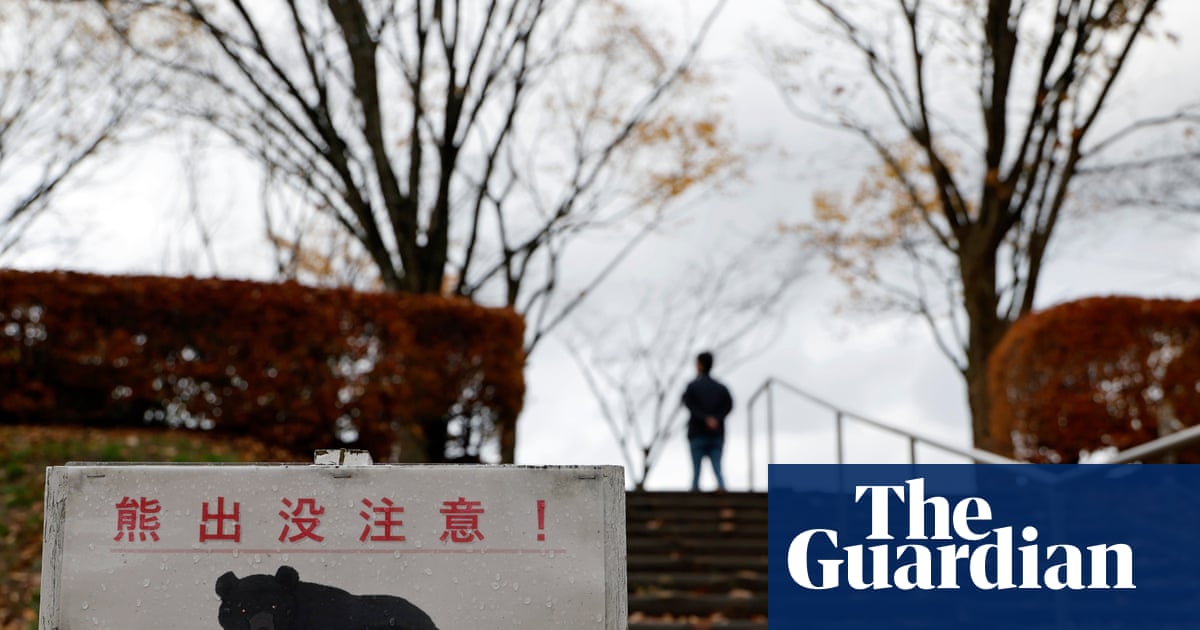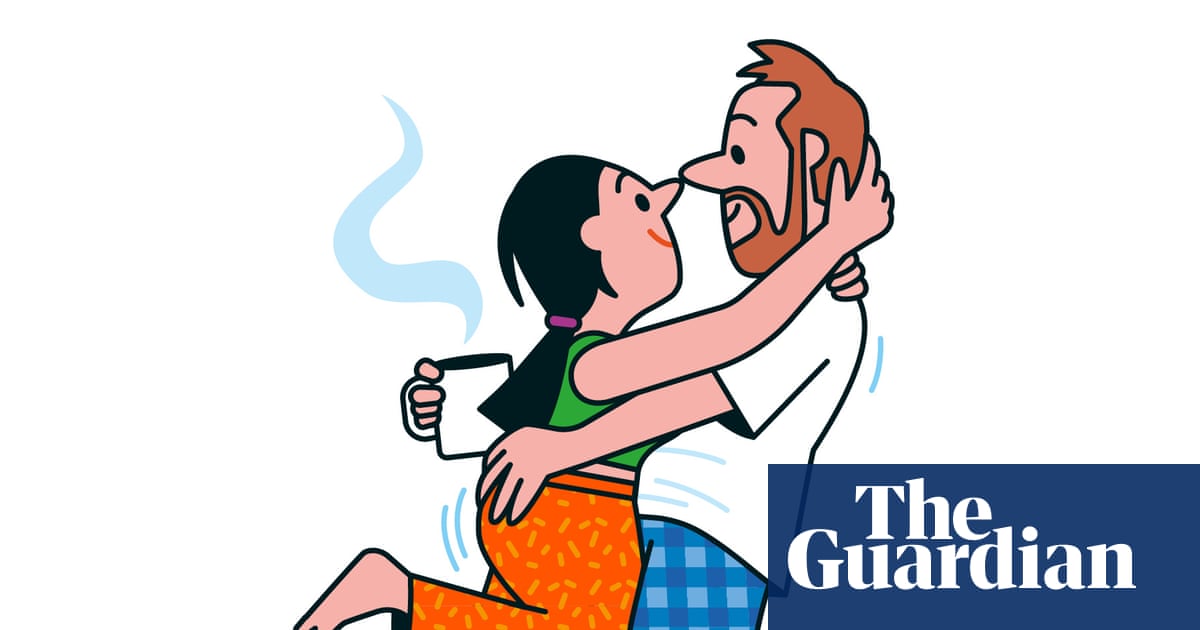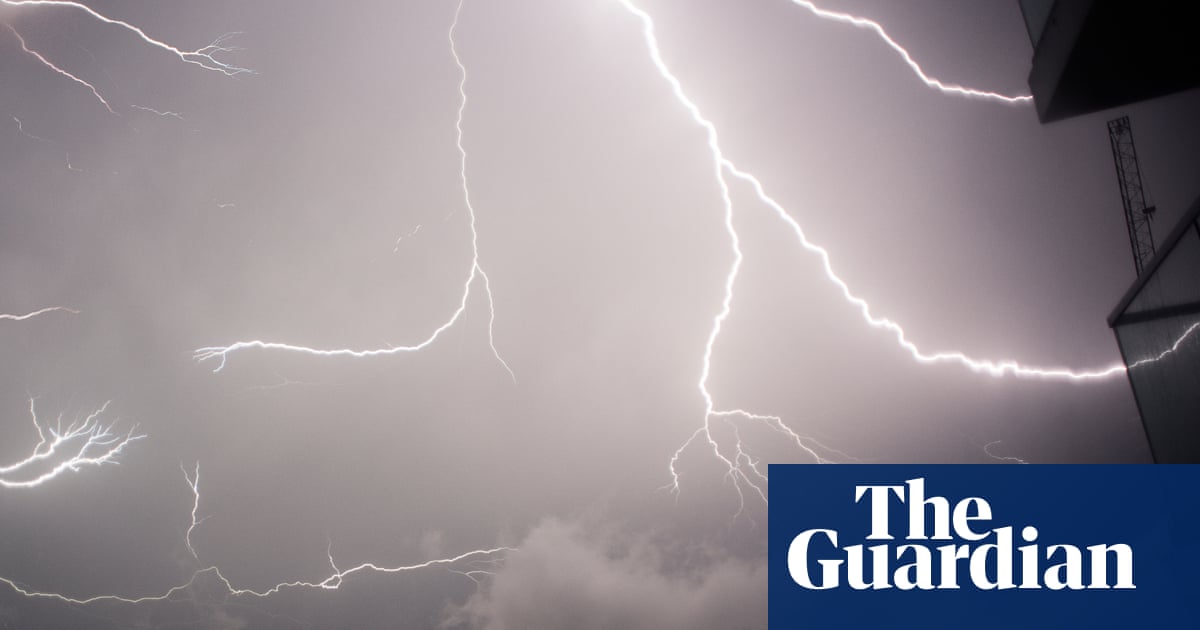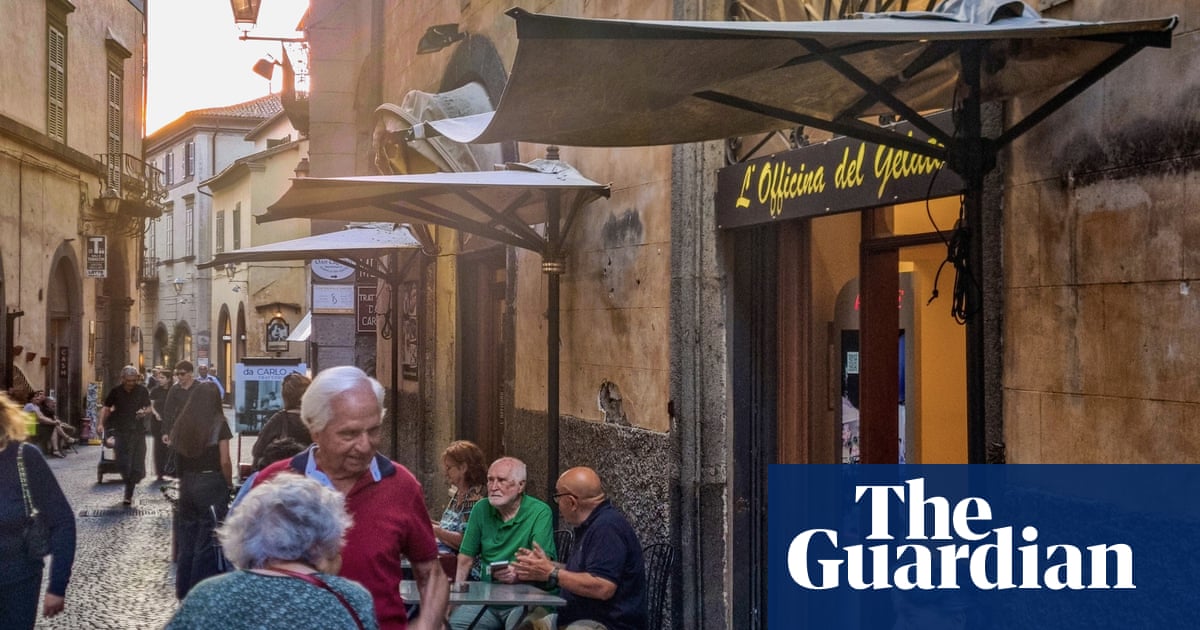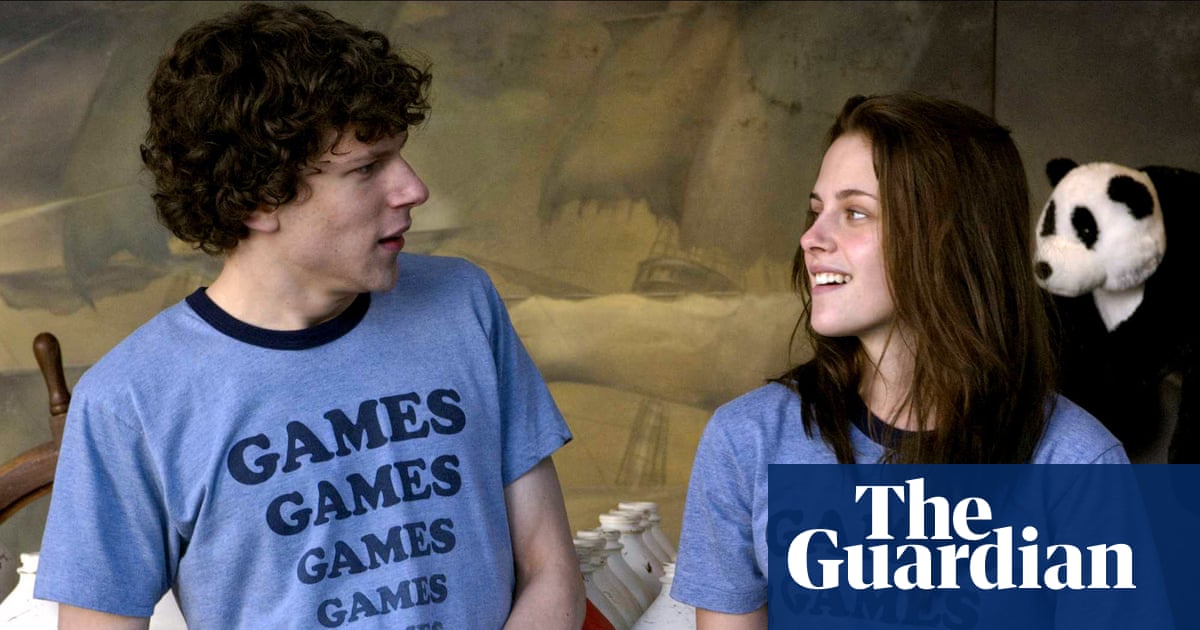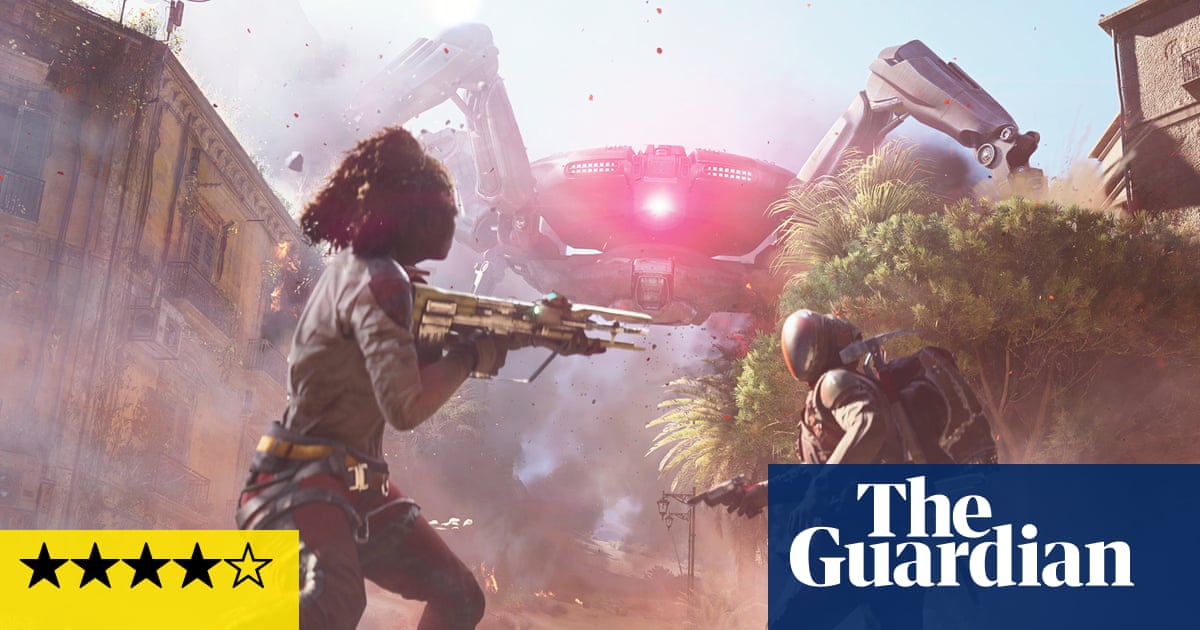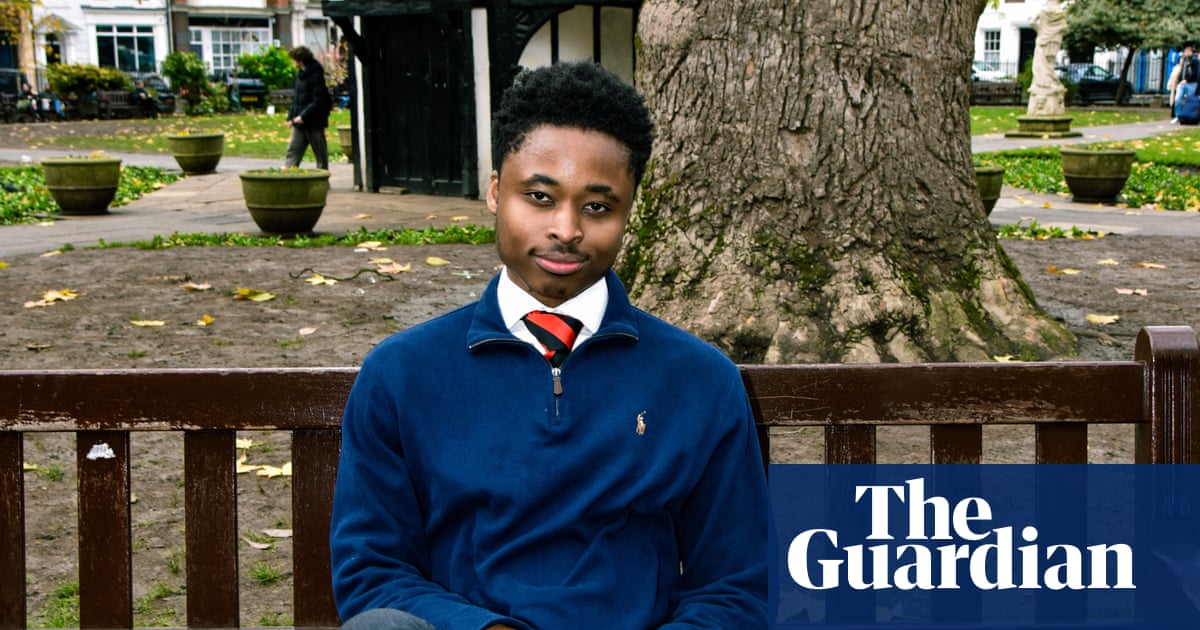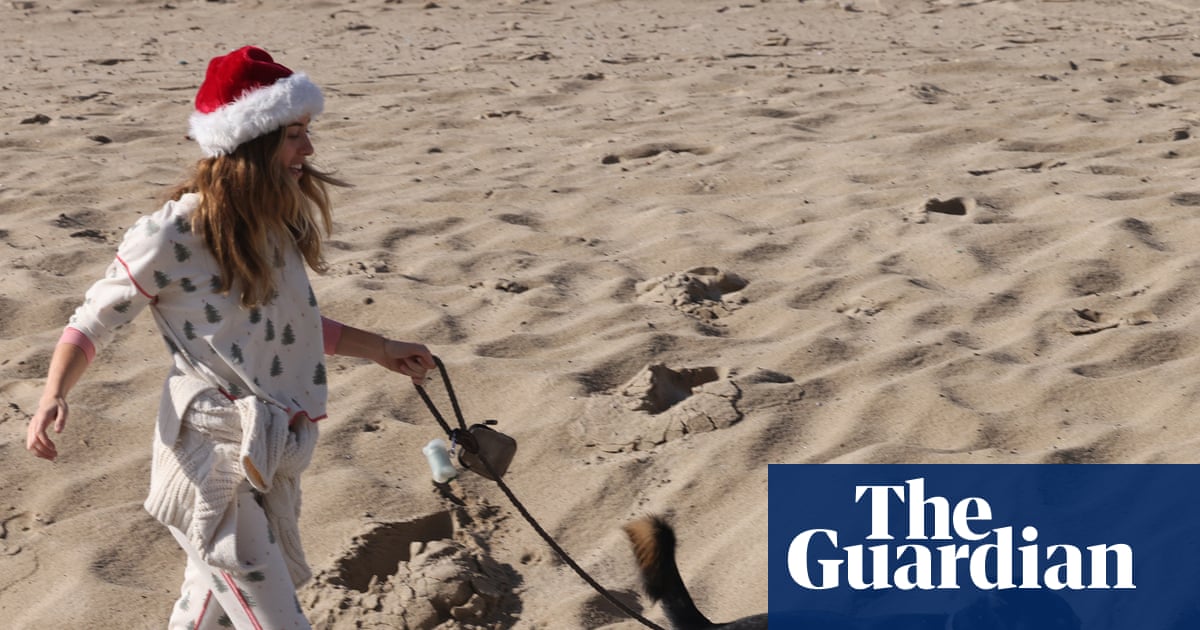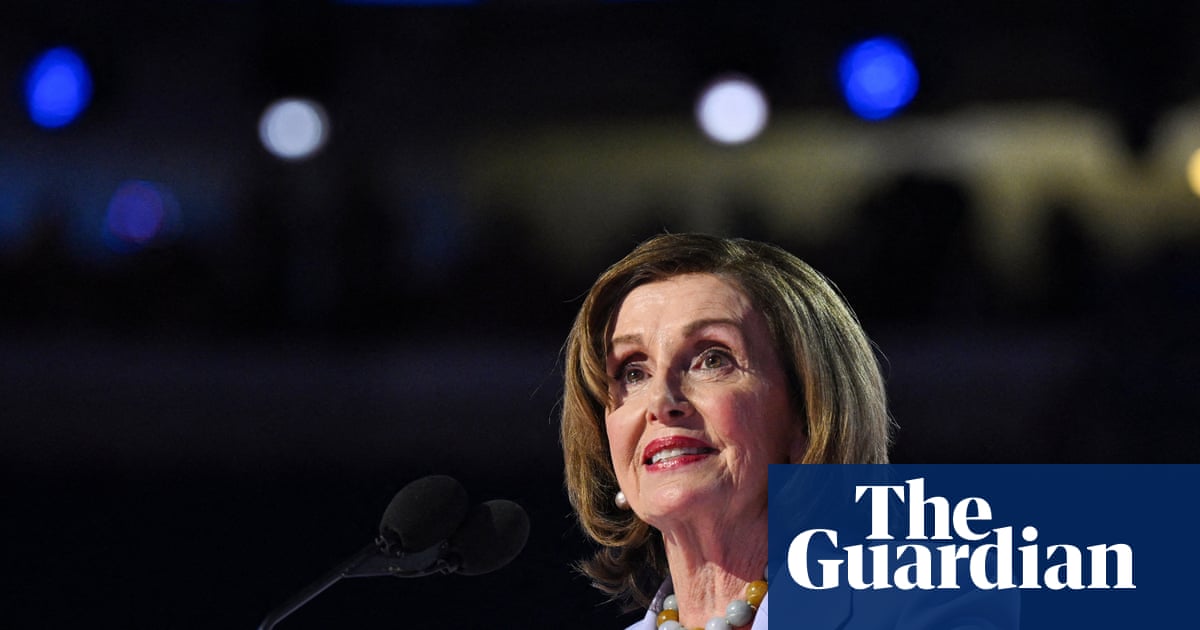As he points out on the opening track of Play, Ed Sheeran has now been around a long time. It’s 20 years since he self-released his debut album and 14 since he signed to a major label and set about becoming the most commercially successful British artist of his age: long enough that we’re now seeing the appearance of pop stars who claim him as a formative influence. (Singer-songwriter Myles Smith, who was just into his teens when Sheeran released his breakthrough album +, even plays one of those little acoustic guitars that have long been Sheeran’s trademark.) It’s certainly long enough that anyone with even a passing interest knows what to expect when Ed Sheeran releases a new album.

Sheeran’s success is based on a certain dependability: it doesn’t seem to matter who he works with – Pharrell Williams, Eric Clapton, Eminem, the National’s Aaron Dessner – the results always somehow sound exactly like Ed Sheeran. Whether you see that as evidence of a melodic signature so strong it rings out regardless of the musical setting or a failure of artistic imagination depends on whether you’re among those who contributed to his cumulative sales figures of 200m, or part of the vociferous cadre who view him as the embodiment of all that’s wrong with music. The latter camp gets a shout-out on Play’s prosaically titled opening track Opening, essentially an older, more battered counterpart to You Need Me, I Don’t Need You, the 2011 track that bullishly asserted his bona fides: “Not the pop star they say they prefer,” Sheeran raps.
Solid, dependable: these are adjectives one could apply to Play. His last two albums, 2023’s muted – and Autumn Variations, were made with Dessner, the co-architect of Taylor Swift’s folksy lockdown albums: the former was Sheeran’s most acclaimed record critically, but the public seemed less convinced. Play has a sense of reassuring the shareholders about it: the big story is that Sheeran went to Goa to complete it, but – as with single Azizam’s diversion into Persian music – the sounds of the subcontinent that have soaked into the end product feel like window dressing.
There’s traditional Indian percussion here and there, most notably on Heaven, plus Hindi and Punjabi vocals and a guest appearance from Bengali singer Arijit Singh on Sapphire, but none of it really overwhelms the tracks’ essential Ed Sheeran-ness: the former is sweetly emotive, the latter the kind of uptempo Ed Sheeran song that’s a little too eager to please and ends up slightly grating. Tablas and Hindi lyrics or not, no one is ever going to wonder who made them, particularly when they’re scattered among more traditional fare, which ranges in quality from ho-hum (the acoustic guitar-led ruminations of Old Phone) to exceptionally well crafted: the ruthlessly effective power balladry of Camera and The Vow, the lo-fi piano of In Other Words, the latter another contribution to a now-teetering pile of Sheeran songs that might have been designed for newlywed first dances.
And the tracks recorded in India feel less striking than two songs made closer to home. A collaboration with Fred Again, Don’t Look Down, fruitfully places Sheeran’s vocal amid luminous rave synths and, eventually, a pounding house beat. And highlight Symmetry opens with looped Indian percussion and vocals but quickly floats off in a different direction, involving spectral voices and heaving sub-bass. It’s not a radical reinvention, but you sense an artist pushing softly at boundaries.
That said, Play is not incapable of springing genuine surprises: it comes as quite a jolt to hear Sheeran calling someone “a prick” on A Little More, then following it up with a line that definitely qualifies as a sick burn: “And for your dad’s sake, please move out your dad’s place.” The emotional temperature of Sheeran’s music to date has ranged from sorrowful to lovestruck. He’s never sounded angry. It’s unclear who the song is aimed at, or what they’ve done to rile him, but on A Little More, he seems genuinely livid: “I hate you … one day we’ll all be dead but between now and then I never want to see you again.” It’s both unexpected and weirdly bracing, its impact amplified by subtly effective electric piano and post-Amy Winehouse horns.
A curiously dark emotional undercurrent keeps bubbling up throughout Play. There are allusions to Sheeran’s circle of friends contracting, to “leeches” and his heart being broken by “loved ones”. There are references to Sheeran’s much-noted professional drive that make it sound paranoid and compulsive – “if I look down I can see replacements … in this world there’s no relaxing” – and there’s Slowly, ostensibly just a song about missing his wife when she’s away “for a couple of days” that expresses itself in such extreme terms as to feel quite disturbing: “kill me slowly”, “this is knife-in-the-heart love”, “I’m dying alive”.
Of course, these tinges of darkness are unlikely to impact on Play’s commercial success. All its preceding singles already have streaming figures that look like phone numbers. But it does mean you leave it wondering what on earth is going on: the last feeling one expects to get from an Ed Sheeran album.
This week Alexis listened to
Gruff Rhys – Taro #1 + #2
A highlight from his new Welsh-language album Dim Probs: the cocktail of laid-back west coast rock meets motorik drums plus new wave-y sax is a peculiar one that nevertheless slips down smoothly.

 3 months ago
48
3 months ago
48
